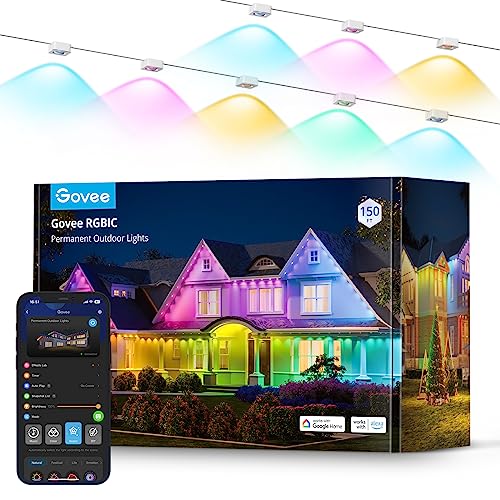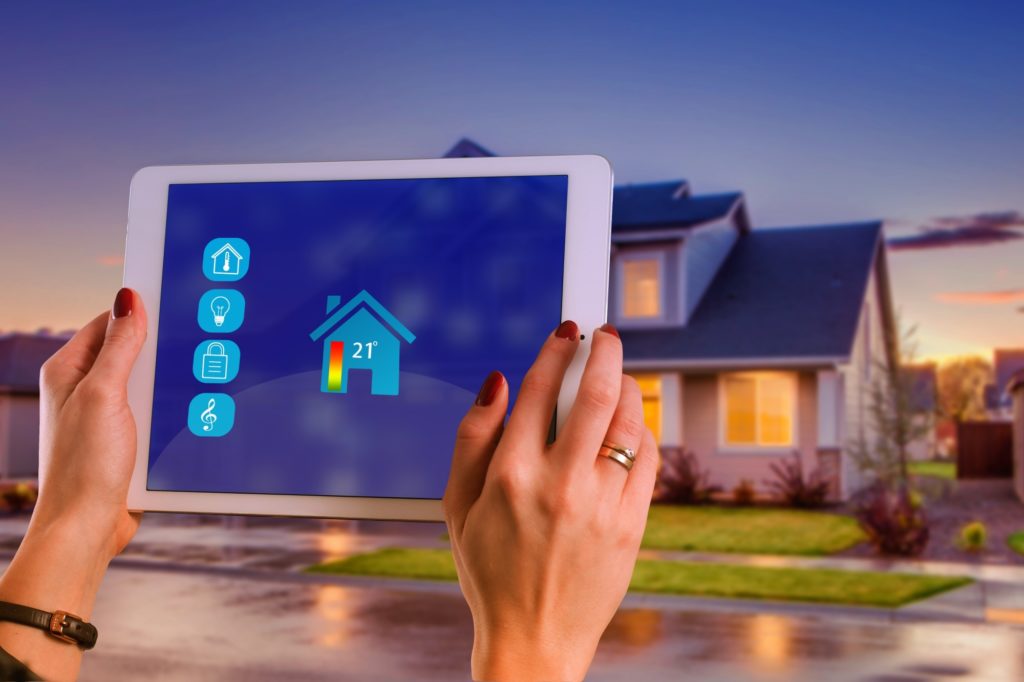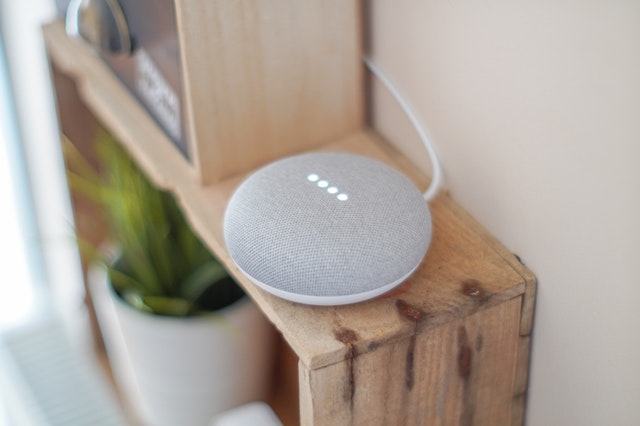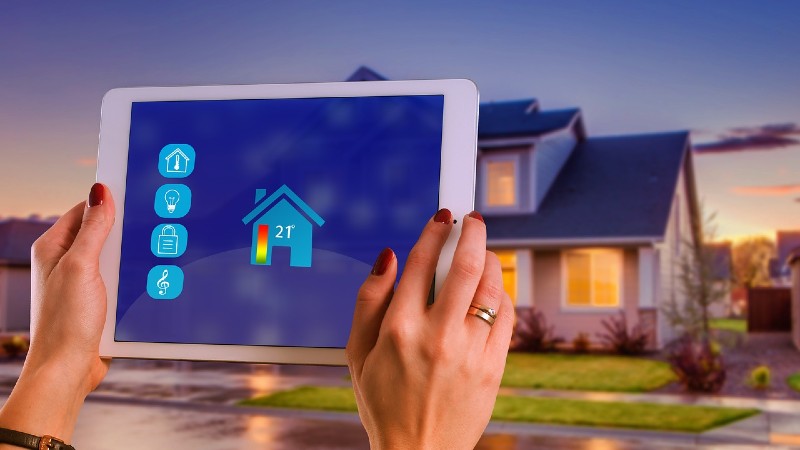Disclosure: This post may contain affiliate links, meaning we get a commission if you decide to make a purchase through our links, at no cost to you. Please read our disclosure for more info.
The world of technology has been advancing rapidly, and it has found its way into our homes in the form of smart home technologies. These innovations are revolutionizing the way we live, bringing convenience, efficiency, and security to our daily lives. In this comprehensive guide, we will explore the exciting future of home living with smart home technologies.
In This Post:
- Understanding Smart Home Technologies
- The Smart Home Ecosystem
- Smart Home Technologies for Different Areas of Your Home
- The Future of Smart Homes
- Conclusion
- Are smart home technologies compatible with all smartphones?
- Can I install smart home devices myself, or do I need professional assistance?
- What security measures are in place to protect my smart home from cyber threats?
- How can smart home technologies benefit the elderly population?
- Can I control my smart home devices when I am traveling abroad?
Understanding Smart Home Technologies
What are Smart Home Technologies?
Smart home technologies refer to a network of devices and appliances that are interconnected through the Internet of Things (IoT). These devices can communicate with each other and be remotely controlled through a smartphone, tablet, or voice command, making our homes more automated and efficient.
Benefits of Smart Home Technologies
Smart home technologies offer a myriad of benefits, including:
- Convenience: With smart devices, you can control lighting, heating, cooling, and security systems from the comfort of your couch or even when you are away from home.
- Energy Efficiency: Smart thermostats and lighting systems can optimize energy consumption, leading to lower utility bills and reduced environmental impact.
- Security: Smart cameras, doorbells, and locks provide enhanced security, enabling you to monitor your home and receive alerts in real-time.
- Accessibility: Smart home technologies can be a game-changer for people with disabilities, providing greater accessibility and independence.
The Smart Home Ecosystem
Building Blocks of a Smart Home
To create a smart home, you need several essential components:
- Smart Hub: The central control unit that connects and manages all smart devices.
- Smart Devices: These include smart bulbs, smart plugs, smart thermostats, smart speakers, and more.
- Network Connectivity: A stable and robust internet connection is crucial for seamless communication between devices.
- Mobile App: The dedicated app to control and monitor smart devices remotely.

Integrating Smart Devices
It’s essential to choose smart devices that work well together and can be easily integrated into your smart home ecosystem. Many devices are compatible with popular voice assistants like Amazon Alexa, Google Assistant, or Apple’s Siri, allowing you to control them using voice commands.

Smart Home Technologies for Different Areas of Your Home
1. Smart Lighting
Smart lighting systems offer more than just the ability to turn lights on and off remotely. You can adjust brightness, color, and set schedules to create the perfect ambiance.

2. Smart Heating, Ventilation, and Air Conditioning (HVAC) Systems
Smart thermostats enable you to regulate the temperature of your home based on your preferences and occupancy patterns. They can learn your habits and adjust settings to save energy.
3. Home Security
Smart security cameras, doorbells, and locks provide enhanced home security. You can receive instant alerts and monitor your property from anywhere.
4. Entertainment and Home Automation
Smart speakers and home automation systems allow you to control various devices with voice commands, making tasks easier and more enjoyable.
The Future of Smart Homes
The evolution of smart home technologies is a continuous process, and we can expect even more exciting developments in the future.
1. Artificial Intelligence (AI) Integration
AI will play a significant role in making smart homes more intuitive. Your smart home system will learn your preferences and make adjustments automatically without the need for manual input.
2. Enhanced Energy Efficiency
Future smart home technologies will focus on optimizing energy consumption further, utilizing renewable energy sources, and reducing our carbon footprint.
3. Healthcare and Well-being
Smart home devices will increasingly cater to health and well-being, with features like monitoring vital signs, detecting emergencies, and assisting with medication management.
4. Augmented Reality (AR) and Virtual Reality (VR) Integration
AR and VR will likely find their way into smart homes, providing interactive and immersive experiences for entertainment, education, and communication.
Conclusion
Smart home technologies are transforming the way we live, making our homes more efficient, secure, and enjoyable. The future of home living looks promising, with AI integration, improved energy efficiency, and advancements in healthcare and entertainment. Embracing these innovations will undoubtedly enhance our quality of life in the years to come.
Are smart home technologies compatible with all smartphones?
Yes, smart home apps are available for both iOS and Android devices, ensuring compatibility with a wide range of smartphones.
Can I install smart home devices myself, or do I need professional assistance?
Many smart home devices are designed for easy self-installation, but for more complex systems, professional assistance is recommended for optimal setup.
What security measures are in place to protect my smart home from cyber threats?
Smart home manufacturers implement encryption and security protocols to safeguard against cyber threats, but it’s essential to use strong passwords and keep software up to date.
How can smart home technologies benefit the elderly population?
Smart home technologies can provide the elderly with increased independence, remote monitoring, and assistance, promoting aging in place.
Can I control my smart home devices when I am traveling abroad?
Yes, as long as you have an internet connection, you can control and monitor your smart home devices from anywhere in the world.






